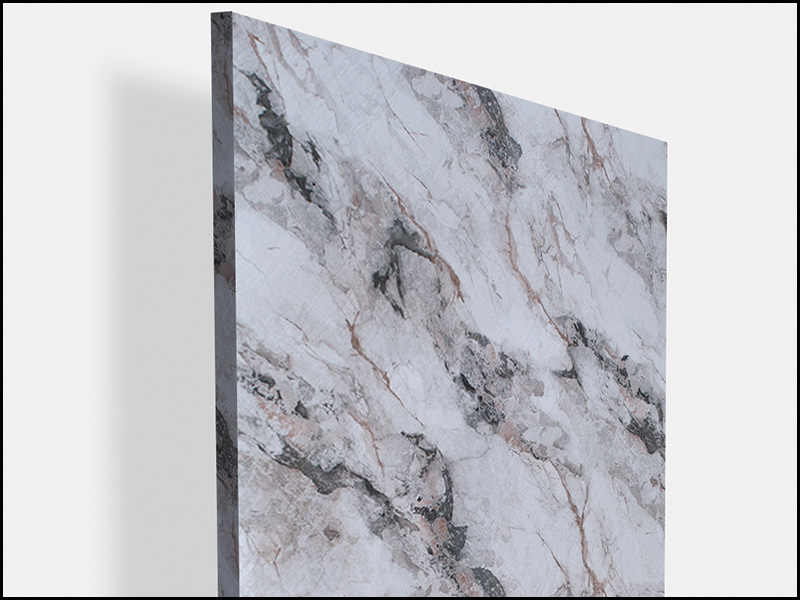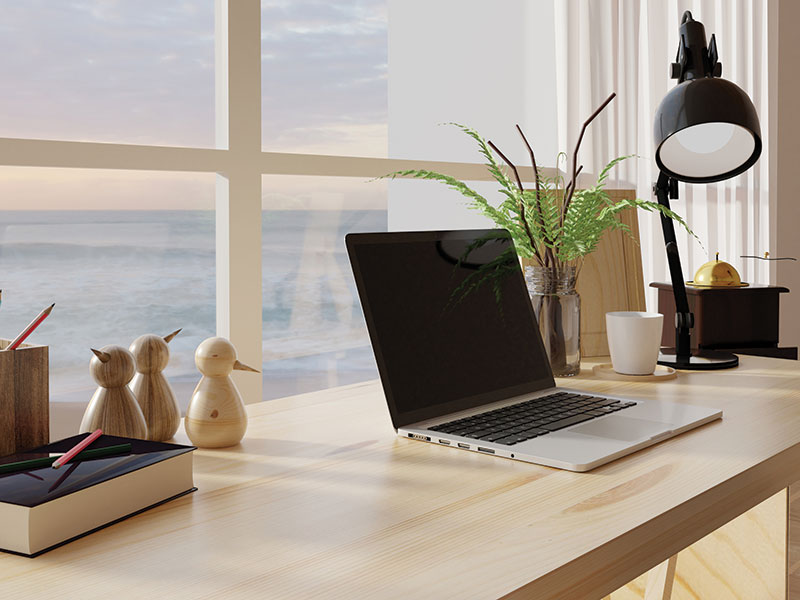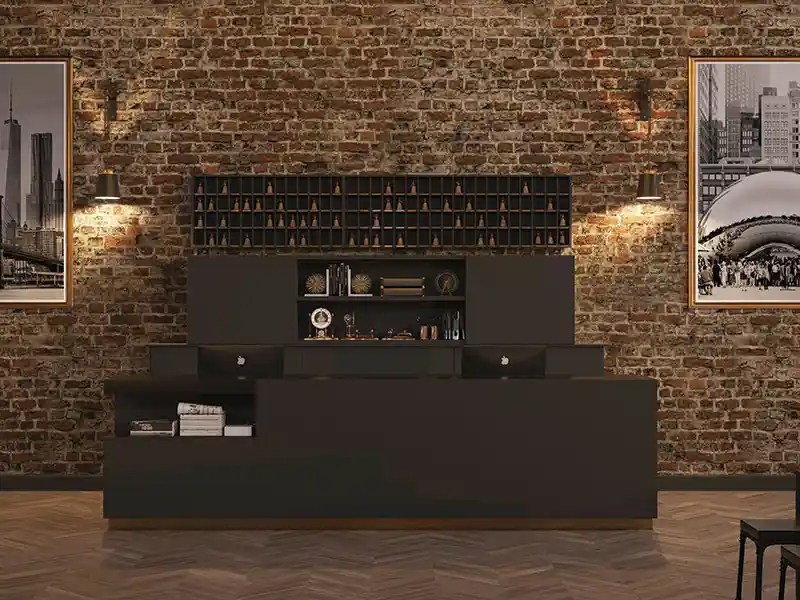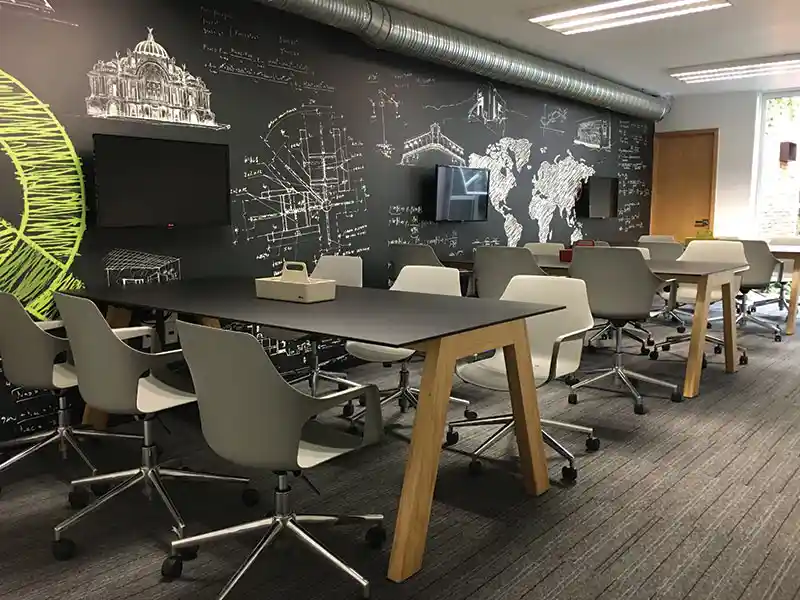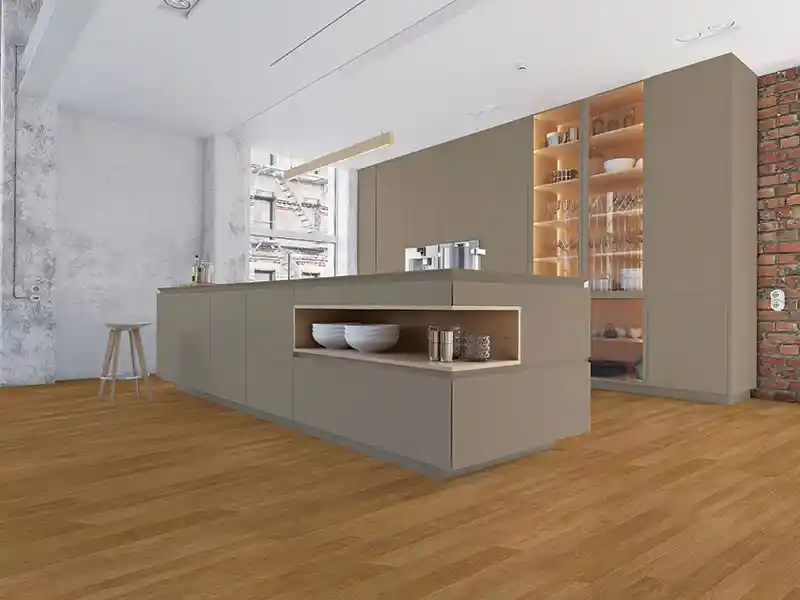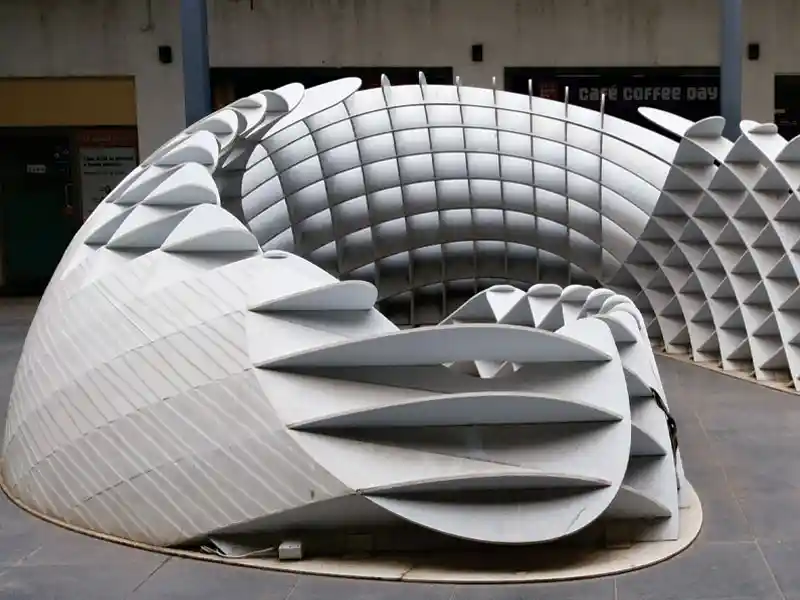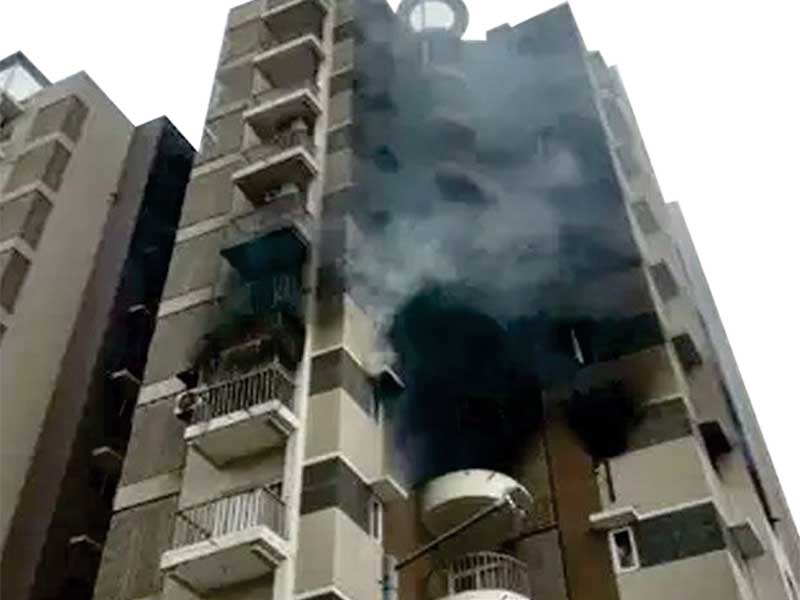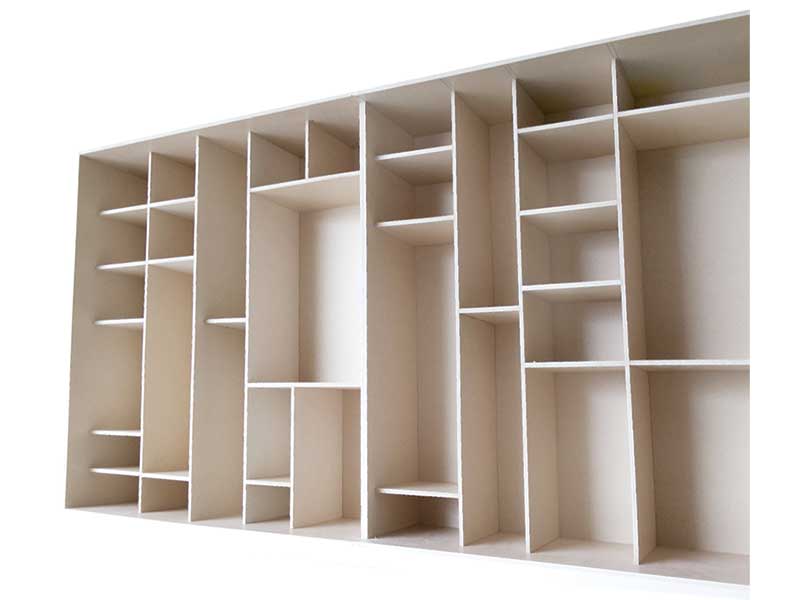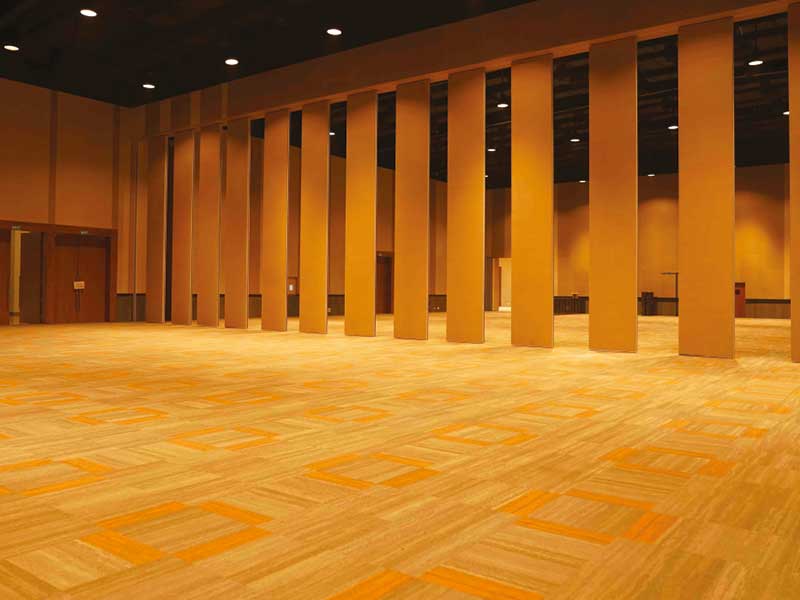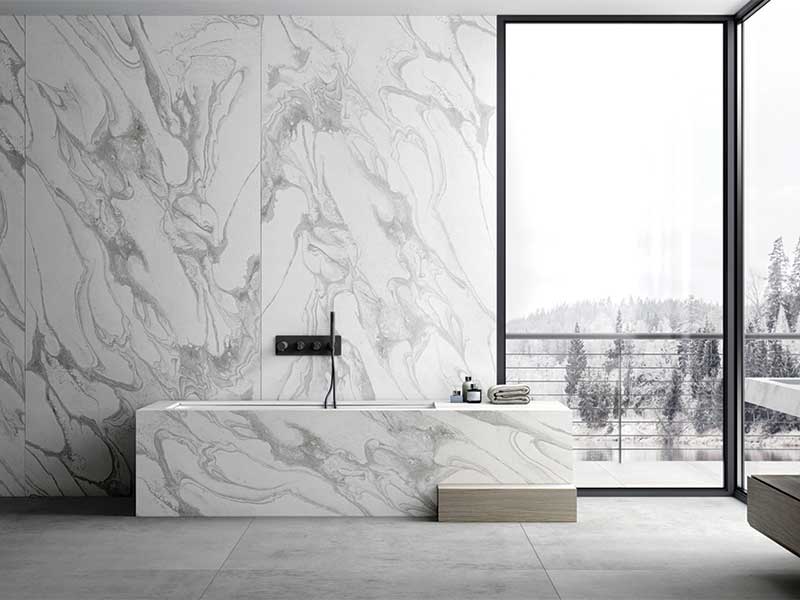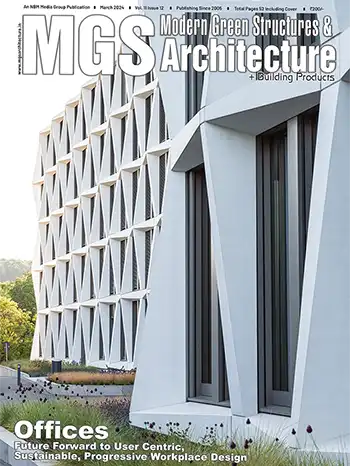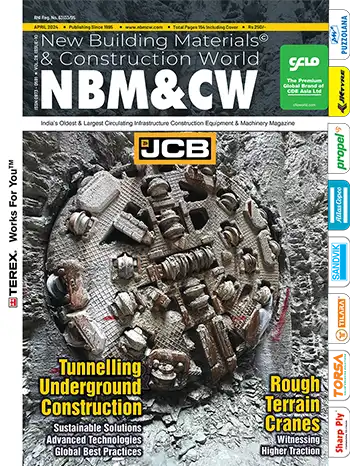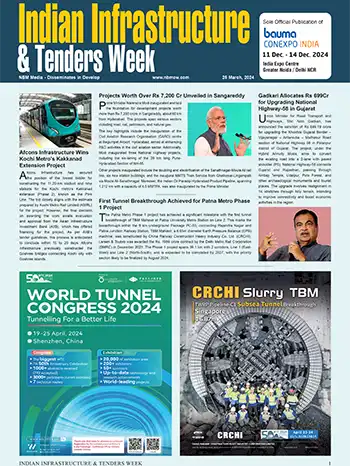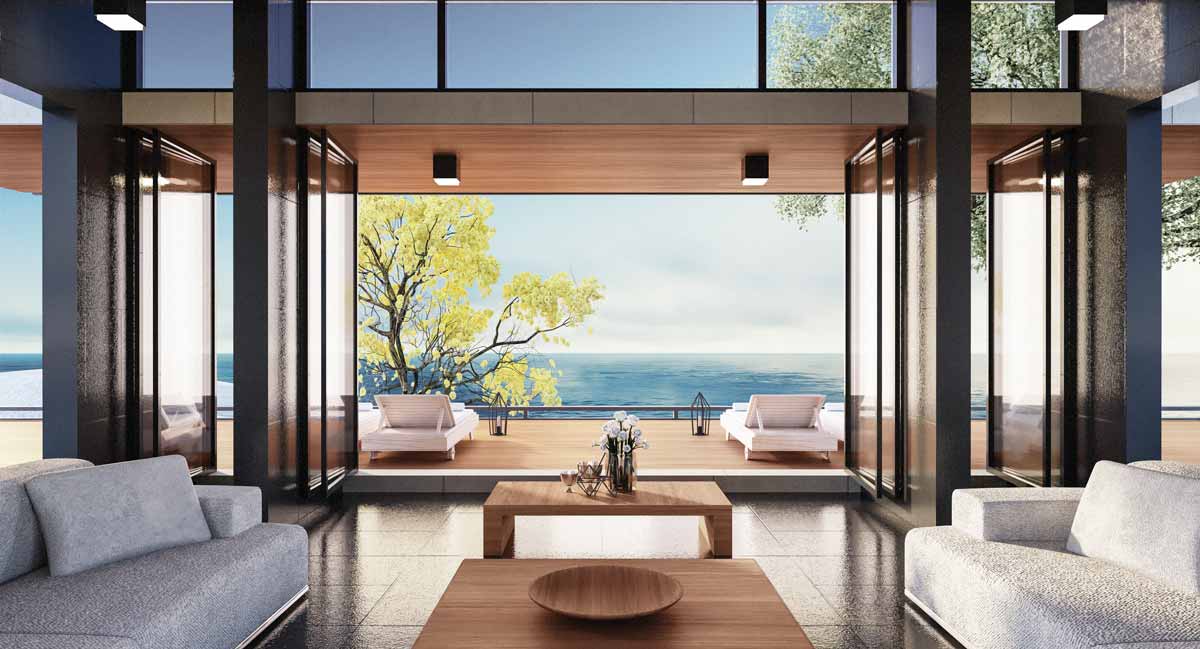
Moisture is a pertinent issue in India, which restricts the use of wood-based materials in wet areas like bathrooms and kitchens - which means design limitations for architects and interior designers. However, with Greenpanel Club HDF boards, there are no limitations in applications and in any interior space. This is because the boards are bonded with high quality MUF resin, making them water resistant.
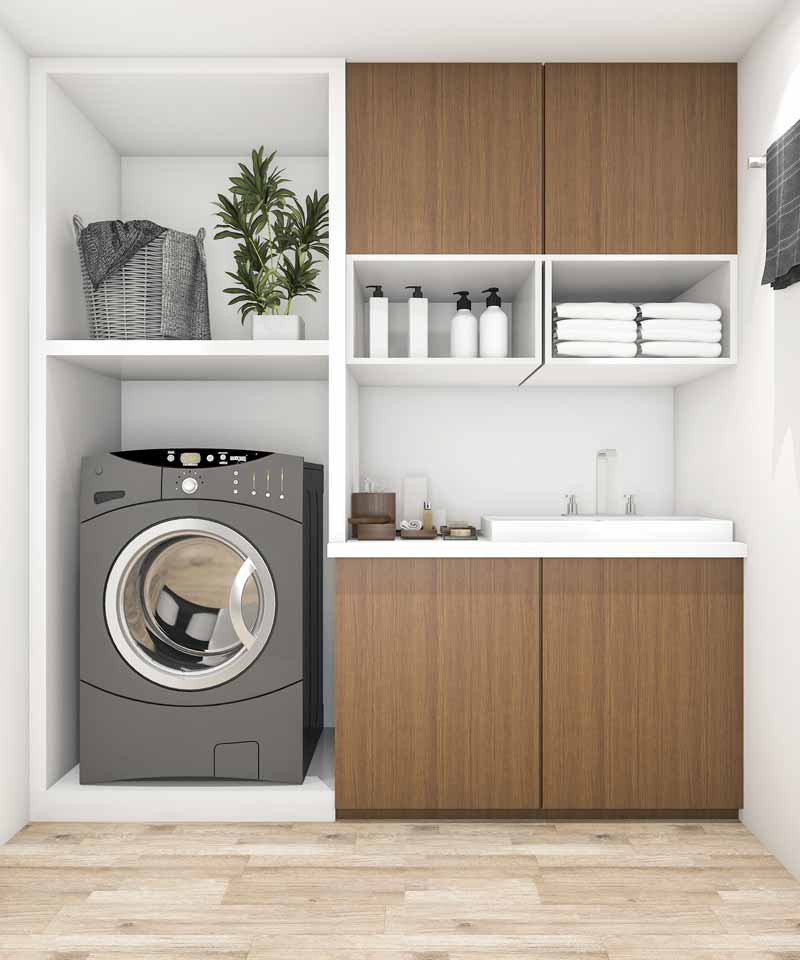
Versatile, Easy to Use
Club HDF boards allow architects, interior designers, masons, and carpenters endless creativity - from using them to design latticed panels and partitions, to carving them into any shape. Besides ease of use, the boards have a wide range of utility as they can be used to make furniture and retail fixtures. Also, their super smooth surface makes them suitable for paint, polish, and lamination.
High Grade & Superior Quality
Greenpanel Club HDF boards are strong, durable, and easy to mill. Made using automated German technology, these high-grade boards meet the highest quality standards. The company’s in-house world-class lab uses high-tech equipment like UTM and UV Spectro Photometer to test the wood-properties and formaldehyde emission content of the Club HDF boards, respectively.
Greenpanel also follows sustainable practices with its zero-waste policy in the manufacturing of these high-grade water-resistant boards, which, true to their nature, are green in colour, and are popularly called ‘hara’ (green) in the market.

